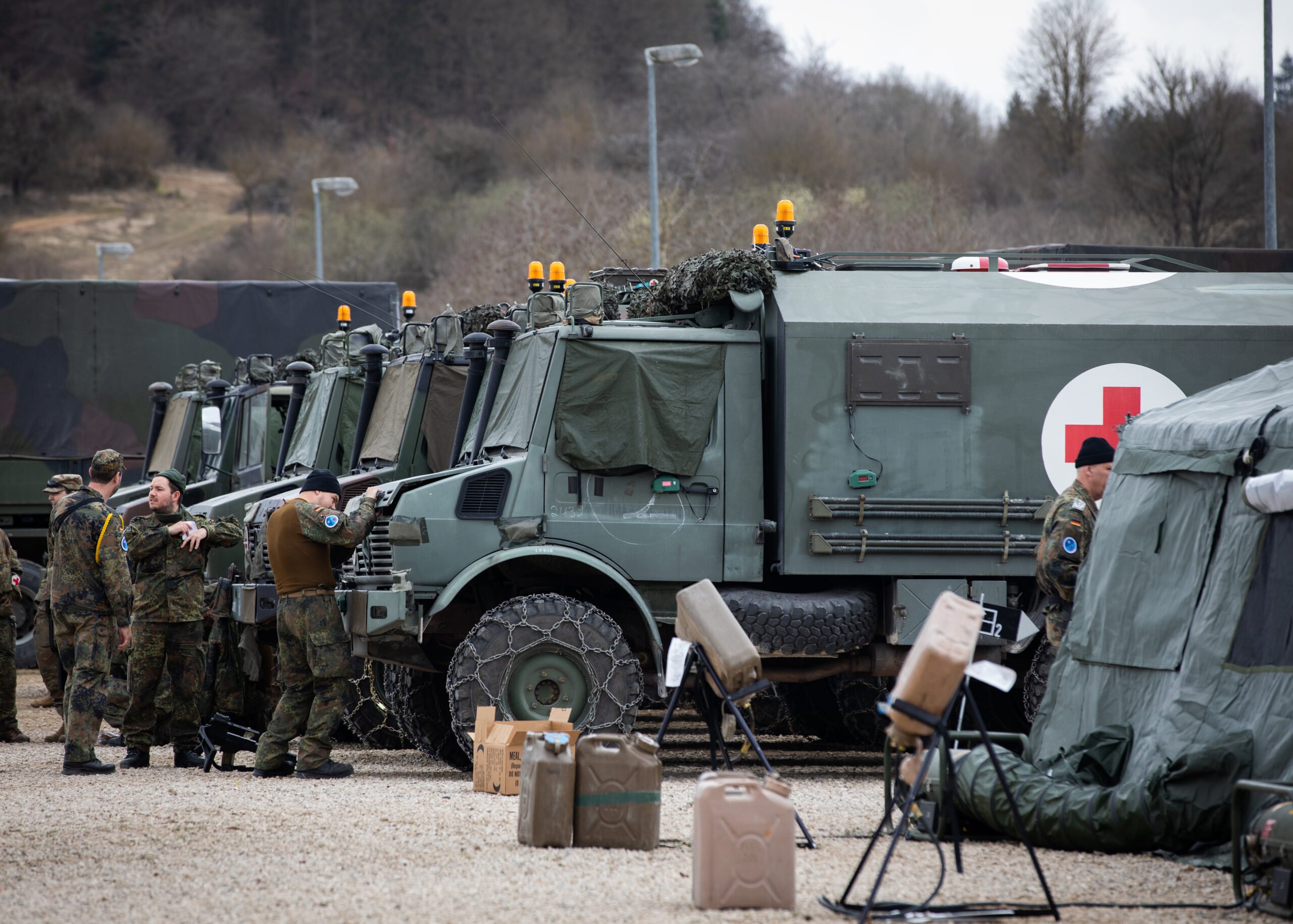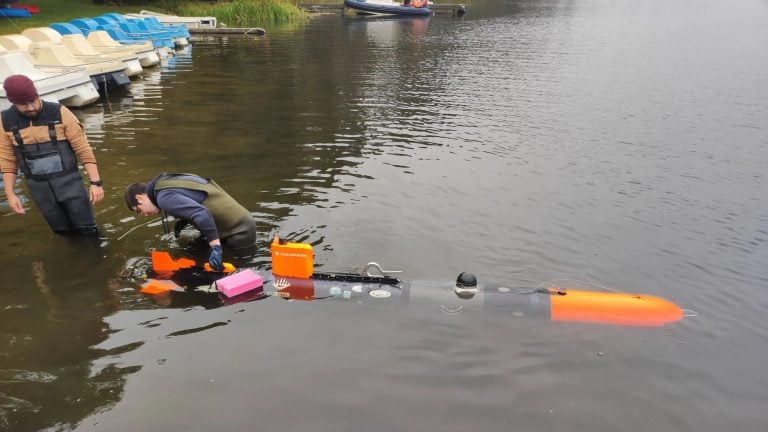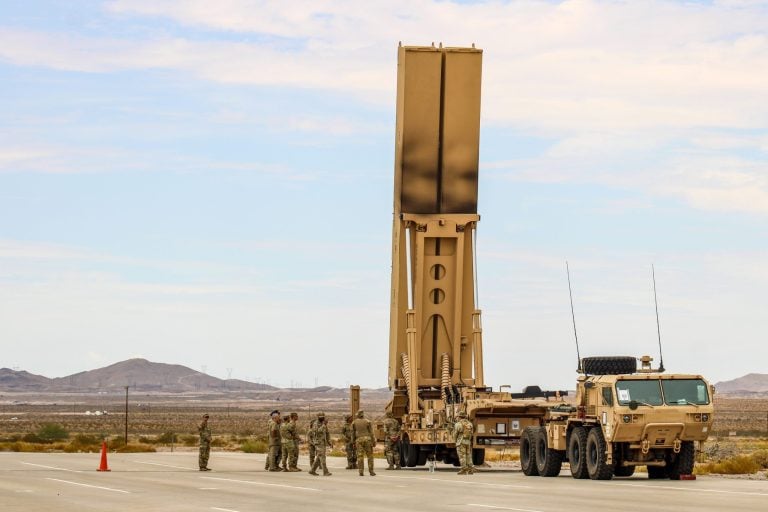Germany is proactively preparing to handle a potential surge of casualties in the event of a conflict with Russia, with the nation’s top military doctor estimating that the country could need to care for up to 1,000 wounded soldiers daily. Surgeon General Ralf Hoffmann shared this assessment with Reuters, emphasizing that while this projection is grounded in realistic expectations, actual numbers may vary based on the intensity of fighting and specific military units deployed.
This initiative comes amid heightened concerns from NATO regarding Russia’s capabilities to threaten the alliance, with warnings that Moscow could possess the means to launch attacks by 2029. Tensions have been exacerbated by ongoing violations of NATO airspace, including frequent incursions by Russian jets and drones, although Russian authorities deny any preparations for military conflict.
In the wake of Russia’s full-scale invasion of Ukraine in 2022—now deemed Europe’s largest conflict since World War II—European armed forces, particularly their medical services, have ramped up their wartime readiness. Germany has taken significant steps to adapt its medical training to current battlefield realities, drawing lessons from the frontlines in Ukraine.
Hoffmann highlighted notable transformations in the nature of injuries encountered, pointing out a shift from traditional gunshot wounds to a predominance of blast injuries and burns caused by drones and precision-guided munitions. Ukrainian soldiers have reported that the areas surrounding their front lines are dominated by drones, creating what they term “kill zones,” where unmanned aircraft rapidly locate and attack targets.
He noted that the incessant drone activity could obstruct timely evacuation efforts, necessitating that medics stabilize injured soldiers at the front lines for prolonged periods.
In terms of expanding medical capacities, Hoffmann indicated that Germany is investigating enhanced transportation options for casualties. This includes drawing inspiration from Ukraine’s use of hospital trains, along with the potential utilization of buses and increasing airlift capabilities.
Under Germany’s current medical contingency plans, soldiers would receive initial emergency care in proximity to the battlefield before being transferred to Germany for comprehensive medical treatment, primarily in civilian healthcare facilities. With an anticipated requirement of around 15,000 hospital beds to accommodate these needs, Hoffmann pointed out that the German Armed Forces’ medical staff, currently numbering 15,000, would require reinforcements to effectively address the demands posed by a large-scale conflict.







